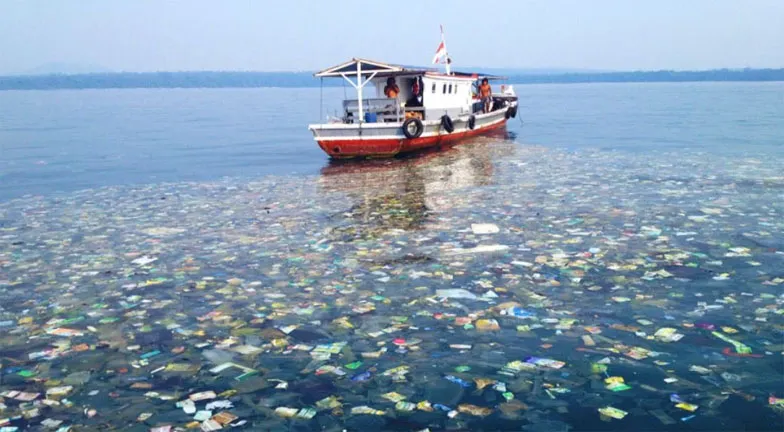The U.S. authorities have assessed a$ 2 million fine on a foreign boat company for unlawfully discharging oil painting and scrap into the ocean near the U.S. seacoast. Zeaborn Ship Management, a company grounded in Hamburg, Germany and Singapore, has agreed to pay the penalty after disposing of unctuous bilge water, which is a admixture of sick water, lubricants, grease, drawing agents, and other adulterants, into the ocean.
Acting U.S. Attorney Andrew Haden for the Southern District of California emphasized the significance of guarding marine surroundings and administering environmental laws.
The boat company admitted to discarding over 7,500 gallons of bilge water from its vessel, named the Star Maia, on multiple occasions between June and October 2022. These discharges were carried out without proper treatment through needed pollution forestallment outfit, and false records were made indicating proper processing.
Also, the company conceded burning colorful accoutrements , including paper, plastics, and unctuous rags, in barrels on the boat’s sundeck and latterly jilting the barrels into the ocean. These conduct weren’t proved in the vessel’s scrap record book, which is commanded by law.
Zeaborn contended shamefaced to two felony violations of the Act to Prevent Pollution from vessels. The company’s principal mastermind, Constancio Estuye, and captain, Alexander Parreno, also contended shamefaced for their involvement in these environmental offenses.
In addition to the forfeiture of$1.5 million and a$ 500,000 community service payment to the National Fish and Wildlife Foundation, Zeaborn will suffer a four- time exploration period. During this time, any of Zeaborn’s vessels entering U.S. anchorages will need to apply an environmental compliance plan.
Assistant Attorney General Todd Kim of the Justice Department’s Environment and Natural coffers Division stressed the significance of executing those who violate environmental laws.
Cases of raceway pollution and illegal jilting from vessels are ongoing issues along U.S. littoral waters. former cases include Princess Cruise Lines Ltd., which faced a$ 40 million fine for designedly contaminating the ocean with oil painting- defiled waste and falsifying records, and a vessel principal mastermind from Interunity Management who was condemned for gumming justice and failing to maintain accurate oil painting records.
Marine pollution poses serious pitfalls to ecosystems and mortal health. Plastic waste, which can take hundreds of times to break down, is a major concern, with millions of metric tons ending up in abysses annually and impacting marine life.
The relationship between ocean health and mortal health is stressed by marine biologist Stephen Palumbi. poisons from the oceanic food chain can find their way into people’s bodies, emphasizing the need for ocean preservation.
Although regulations have checked certain practices, illegal jilting remains a wide problem, with adulterants frequently spreading through ocean currents. The practice of incineration before disposal, formerly common, was set up to produce dangerous chemicals that could enter the ocean, leading to its ban in 1996. Alternatives similar as recycling and responsible waste operation are recommended to address marine pollution.
